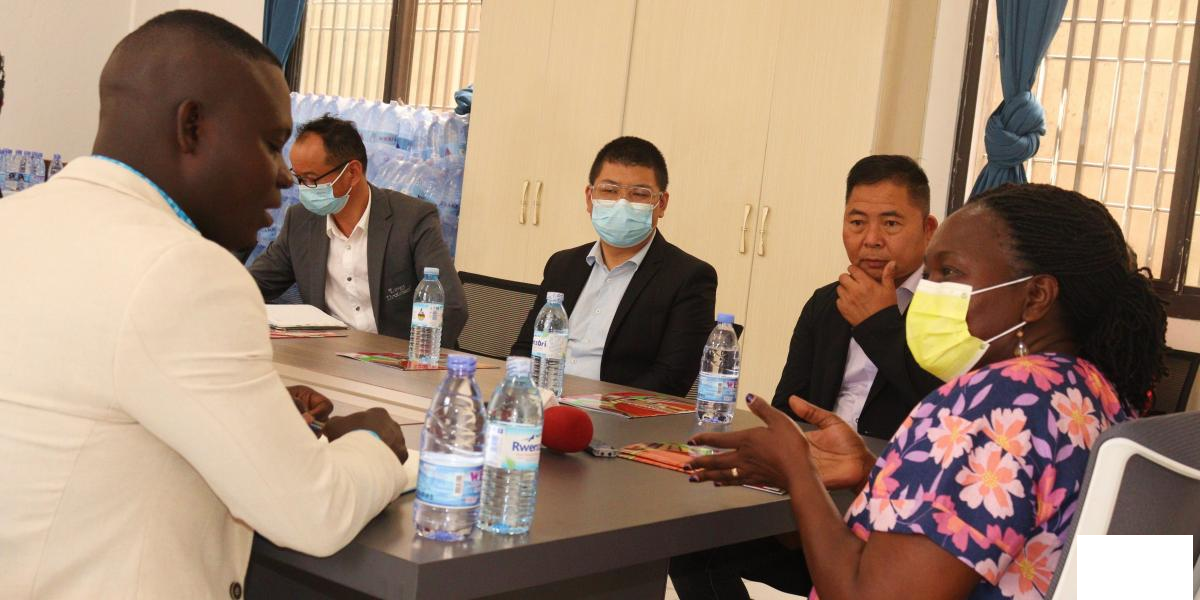There is a story that didn’t make newspaper headlines or even trend online but very crucial for small and medium enterprises or as we have learnt over the last few weeks even for ‘big’ businessmen. The story, published by Daily Monitor in its business pages reads that “goods (and I believe services) supplied to government will, beginning July 1, not be subjected to value added tax (VAT) before their invoices are cashed.” It added that “the policy shift is contained in the new tax amendments 2022 that were passed by Parliament but still awaiting to be signed by the president.” I hope the president doesn’t even take a day to sign this into law.
I am not sure why this didn’t make the main headline or at least be on the front page but as somebody who has never edited any newspaper, I would certainly never know. The way VAT has been collected is prohibitive and deters growth for especially SMEs which are the heartbeat of the economy, any economy anywhere in the world.
Currently, the Uganda Revenue Authority expects you to pay VAT at the point of delivery, invoicing or payment. This has been problematic for SMEs because you have been expected to pay money you aren’t sure you will ever receive. Usually, upon signing of a contract or receiving the purchase order, government expects you to deliver and then invoice even though there are some cases where a certain small percentage is processed upon signing the contract or receiving the purchase order. In many cases, even where a percentage is paid, it isn’t enough to deliver the goods or services.
So in order to deliver on your side of the contract, you approach the bank or informal money lender for a loan at huge interest after which you start the protracted game of chasing payment from government. The promised working days before your payment is processed can turn into months and sometimes years. But within 15 days of invoicing, URA has been expecting you to pay failure of which they would institute penalties. So as a businessman who is already in debt, you take on more debt to pay URA the VAT. This can easily make you a bad debtor and have your assets advertised for auction.
The move to demand VAT after somebody has been paid is a good move. One doesn’t have to take on unsustainable debt to pay VAT to avoid penalties or even closure of your account. Money can be paid whenever government pays. At least this doesn’t tie up capital to do some other work as one waits for government payment. Though for many smaller businesses, the tax amendments would have made more sense if the amended law included other businesses.
Although the issue of delayed payments is more rampant with government, it is also endemic in non-government organisations and the private sector. Many times, people who are supposed to pay don’t do anything to ensure suppliers are paid on time even when for the case of NGOs money is idly lying on their account. It could be due to lack of understanding and appreciating the pressures in the private sector or simply a bureaucratic system.
Many times paper invoices are deliberately misplaced or supporting documents are kept away. An officer goes on leave or decides to attend a workshop for weeks without assigning anyone else to handle their work thereby further delaying payments. This is one of the reasons government owes suppliers an estimated Shs2 trillion some of which hasn’t been paid in five years. Imagine as a small and medium enterprise having your invoices unpaid for five years!
Litigation is costly for SMEs and it can also take many years as the case is assigned one judge after another who keep on adjourning it for extended period of time. As a businessperson, you sometimes return to prayer or unsustainable debt which curtails growth. Employees will be affected, businesses will close. Government would lose revenue.
Now that the issue of when VAT is paid when supplying government is sorted pending the president’s signature, the issue of the 18% need to be worked on as well. In Kenya, VAT is 16%, in South Africa it is at 15% while in Ghana 12.5% and 7.5% in Nigeria. A reduction in the rate in Uganda would also help boost business and incomes especially given the ongoing economic disruptions.
The writer is a communication and visibility consultant. djjuuko@gmail.com
Do you have a story in your community or an opinion to share with us: Email us at Submit an Article








